Public, social and community organizations are, in many locales, driving systems change toward social and...


Public, social and community organizations are, in many locales, driving systems change toward social and...

Ethnography has grown, like many other industries, in tandem with a fossil fuel economy. As evidence of weather, resource and species disruption surround us on a daily basis, the climate sessions provided guideposts and practical resources to adjust and thrive as informed, climate-conscious...
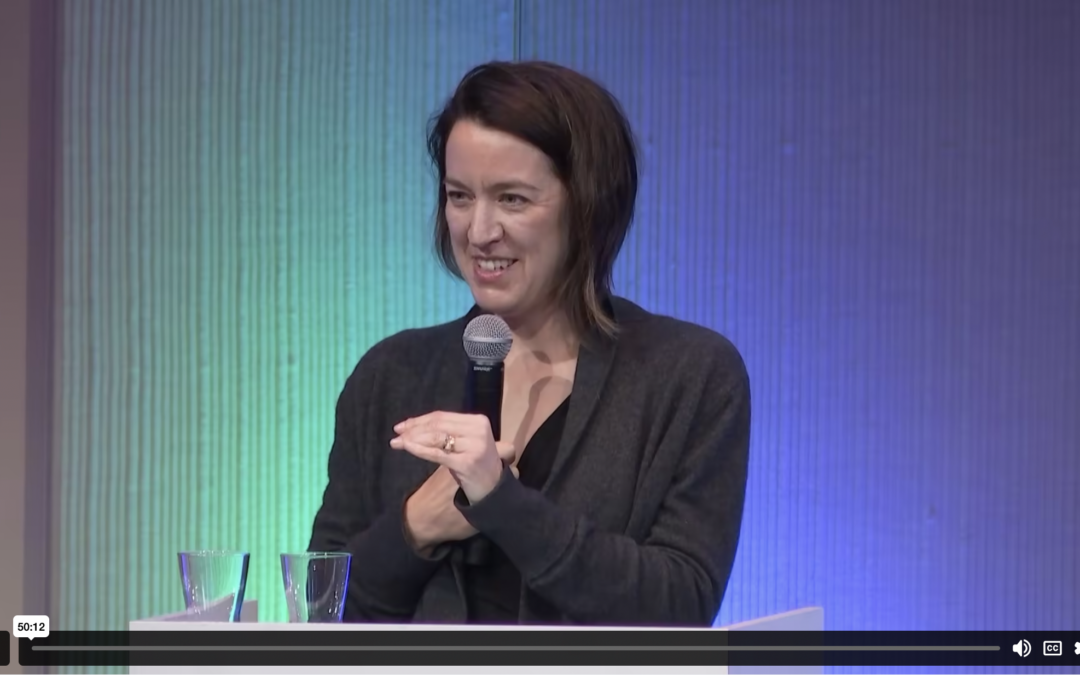
Melissa Gregg is a senior principal engineer in user experience driving carbon reduction and green software strategy at Intel. With a Ph.D. in gender and cultural studies, she is a widely cited author, theorist, and ethnographer, with over 60 peer-reviewed publications and books. Her research has...
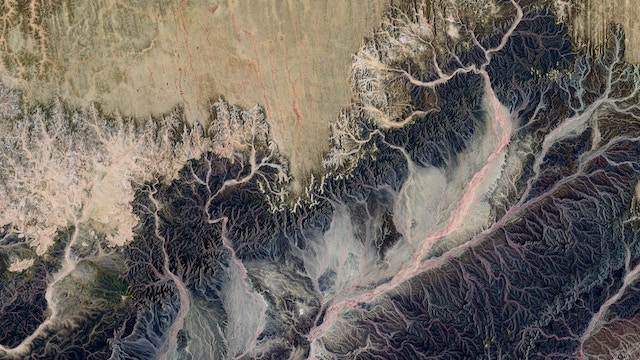
Klaus Weber currently serves faculty director for Sustainability and Social Impact at Kellogg. He is also...
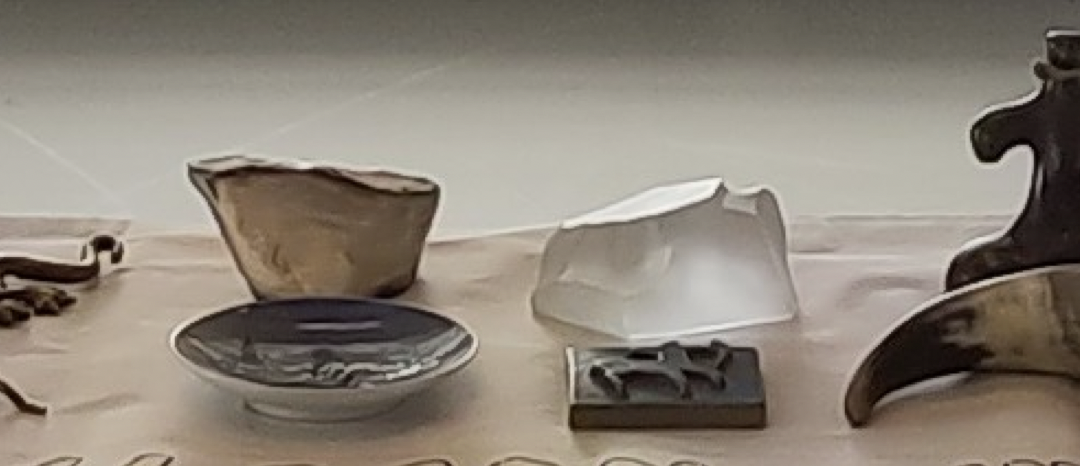
It is becoming widely accepted that the climate crisis is a multiscale breakdown of interrelated ecological systems, caused by behavioural patterns that are unsustainable. As behaviours are largely informed by ideologies and as the latter are passed on by education, we submit that the climate...
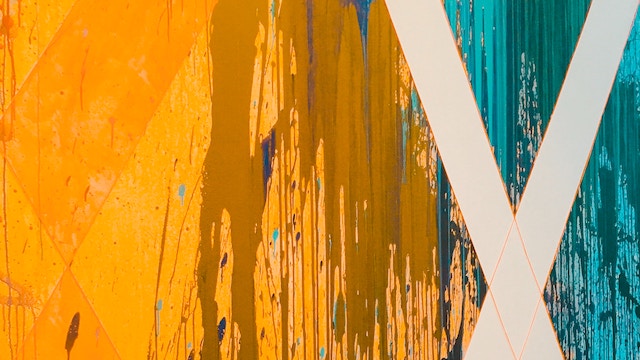
The Gulf Coast of the USA encompasses impoverished communities, vibrant urban centers, farms, and a rich culture....

https://player.vimeo.com/video/897313455?badge=0&autopause=0&player_id=0&app_id=58479 The Booking.com research team is constantly partnering with its sustainability teams to research needs, expectations, fears and blockers. In this session, learn actionable tips in researching the...
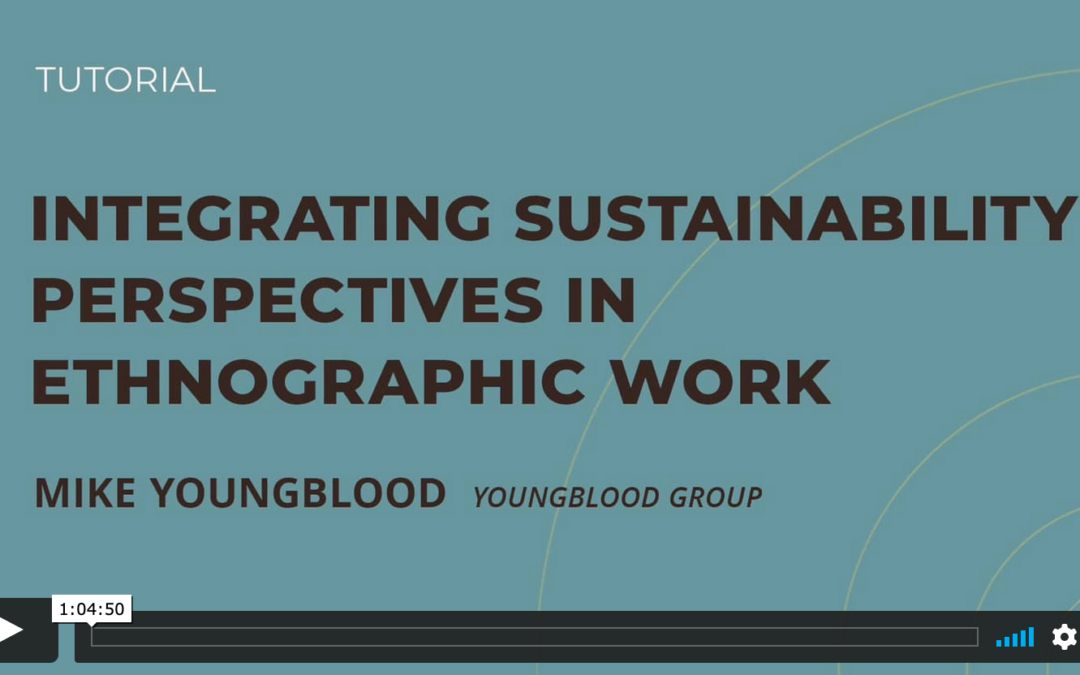
Overview This tutorial...
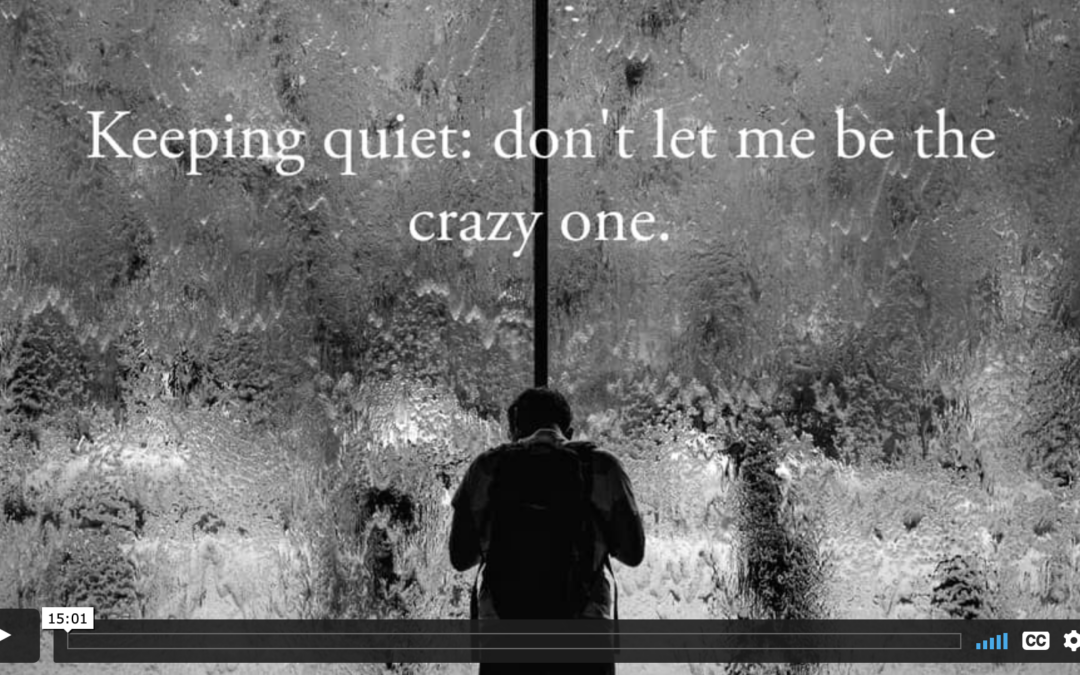
Our tiny provocation is that the word “sustainability” is not sustainable. Just using it is sabotaging our efforts to build a better future for the planet. Despite decades of global sustainability discourse, the world is still going to hell. What's gone wrong? Our paper is about willful ignorance...
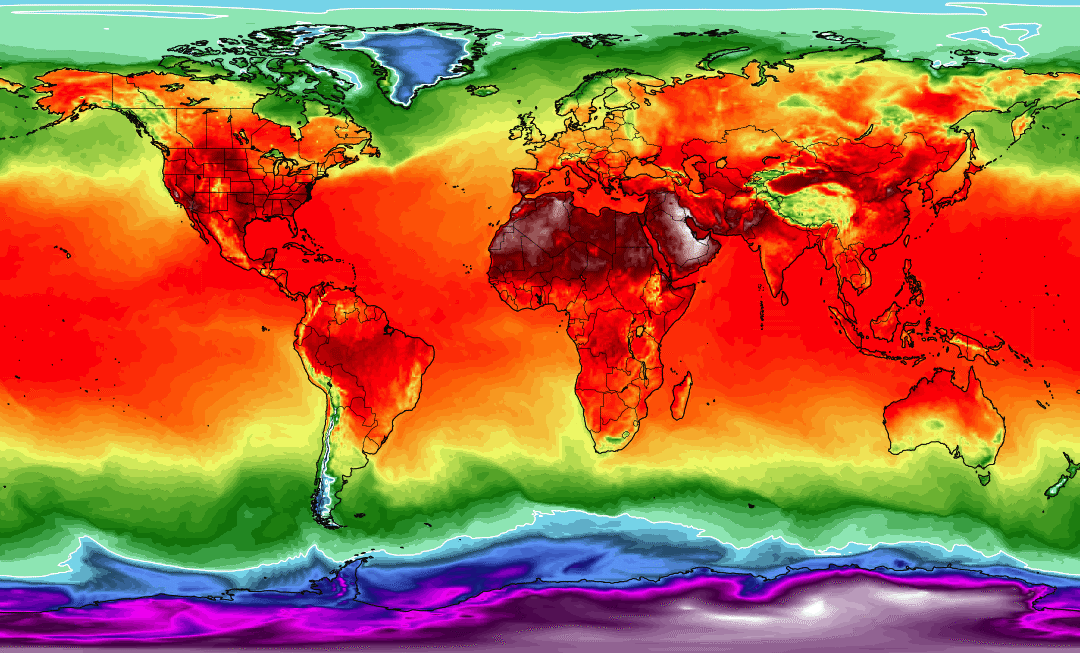
If it’s summer in your part of the world (or even if it’s winter), you’ve probably been feeling the heat. On 5 July, Ouargla, Algeria recorded 51.3°C (124.3°F), the highest temperature ever reported in Africa. A few days later, Areni, Armenia hit a record 42.6°C (108.7°F), and on 17 July, Badufuss...